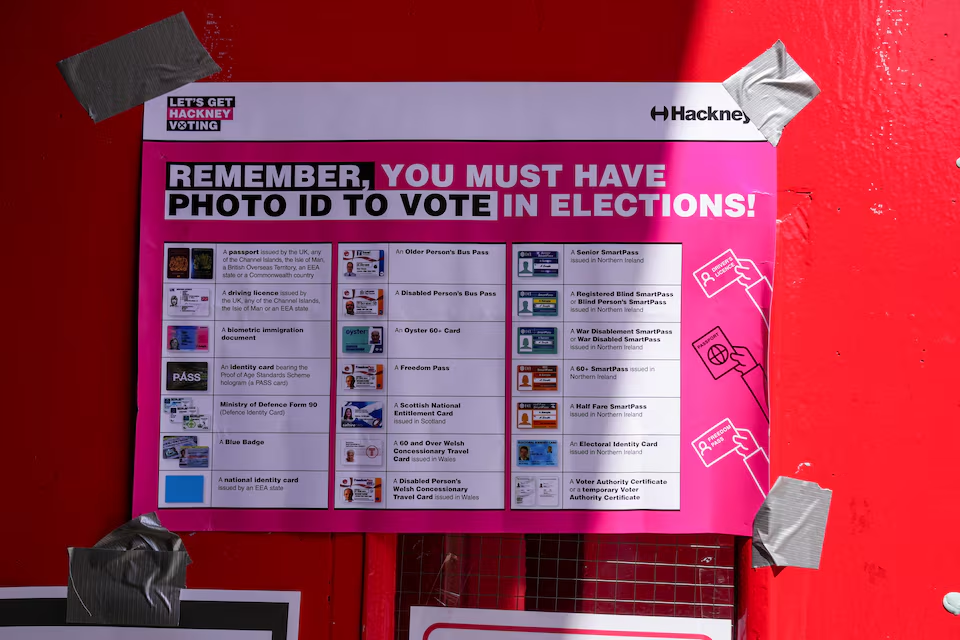In a new development, the British government announced on Thursday plans to lower the voting age to 16 for all UK elections, marking a significant shift in the nation’s democratic framework. This comes after a public inquiry highlighted growing concerns over declining voter engagement. The 2024 general election recorded a turnout of just 59.7%—the lowest in over two decades, according to a parliamentary report.
The proposed reform, which still requires parliamentary approval, aims to unify voting rights across the United Kingdom—bringing England and Northern Ireland in line with Scotland and Wales, where 16 and 17-year-olds already vote in devolved elections.
Deputy Prime Minister Angela Rayner described the move as part of a broader effort to increase political participation and modernise UK democracy.
“We are taking action to break down barriers to participation that will ensure more people have the opportunity to engage in UK democracy,” Rayner said in a statement.
Research from the House of Commons Library suggests that lowering the voting age does not significantly alter election outcomes. In fact, evidence from other countries shows that 16-year-olds are more likely to vote than first-time voters aged 18, challenging assumptions about youth disengagement.
The ruling Labour government, which has seen a steep drop in public support since its landslide victory last year, had pledged to lower the voting age as part of its electoral reform agenda.
In addition to enfranchising younger citizens, the government also proposed expanding acceptable voter ID to include UK-issued bank cards and digital versions of official documents, such as driving licences and Veteran Cards.
Read Also:
UK inflation surges to 18-month high
UK offers asylum to 24,000 Afghans over data breach
UKs Streeting, BMA to meet as resident doctors; strike looms
To safeguard the integrity of elections, the reforms will introduce tighter controls on political donations, particularly from unincorporated associations. Contributions exceeding £500 ($670) will be subject to new checks, and legal loopholes used by shell companies will be closed to reduce the risk of foreign interference.
If passed, these reforms could reshape the UK’s electoral landscape, making it more inclusive and resilient in the face of evolving democratic challenges.



